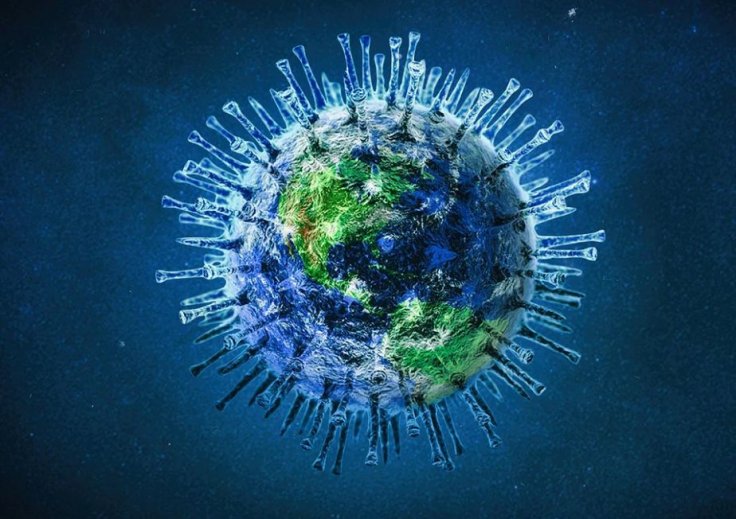In a study published in the journal PNAS, Japanese scientists have presented the discovery of an effective treatment to counter the lethal over-stimulation of the inflammatory response that leads to the excessive mobilization of signaling chemicals known as cytokines, observed in several adverse cases of COVID-19.
Explaining the lack of available treatment, lead author, Sujin Kang said, "Despite knowing which cytokines are involved, there is still no specific immunotherapy for CRS and treatment is limited to supportive care."
Hyperimmune Response
Cytokines are a group of small proteins that can either enhance or inhibit our body's immune response to infection, trauma, and diseases such as cancer. One of their main roles is to stimulate inflammation, which initiates the healing process. The problem is, overstimulation of the inflammatory response has an array of harmful complications, ranging from asthma to severe autoimmune diseases, the team said.

One such complication, called cytokine release syndrome (CRS), is seen in patients suffering a hyperimmune response to microbial infection or trauma and can lead to multiple organ failure and even death.
"To better understand the molecular mechanisms of CRS pathogenesis, we first studied the cytokine profiles of 91 patients diagnosed with CRS associated with bacterial sepsis, acute respiratory distress syndrome, or burns," Kang added.
Strikingly, patients from all three groups had elevated levels of proinflammatory cytokines IL-6, IL-8, IL-10, and MCP-10, as well as a protein called PAI-1, which causes small blood clots in vessels throughout the body, including the lungs.
Crucial for Development of Treatment
Importantly, increased PAI-1 levels are associated with more severe cases of pneumonia, a common cause of death among COVID-19 patients. Because IL-6 was positively associated with the levels of the other cytokines and PAI-1, the researchers concluded that IL-6 signaling is crucial for the development of CRS following infection or trauma, and may play a role in the pathogenesis of COVID-19.
"Examination of cytokine profiles in severe COVID-19 patients revealed an increase in IL-6 early in the disease process, causing the release of PAI-1 from blood vessels," said study senior author Tadamitsu Kishimoto.
"Interestingly, PAI-1 levels were significantly higher in COVID-19 patients with a severe respiratory impediment," Kishimoto added. Most significantly though, when severe COVID-19 patients were treated with a human monoclonal antibody-based drug called Actemra, which blocks IL-6 signaling, PAI-1 levels rapidly declined and severe disease symptoms were alleviated, the team noted.
(With inputs from agencies)









